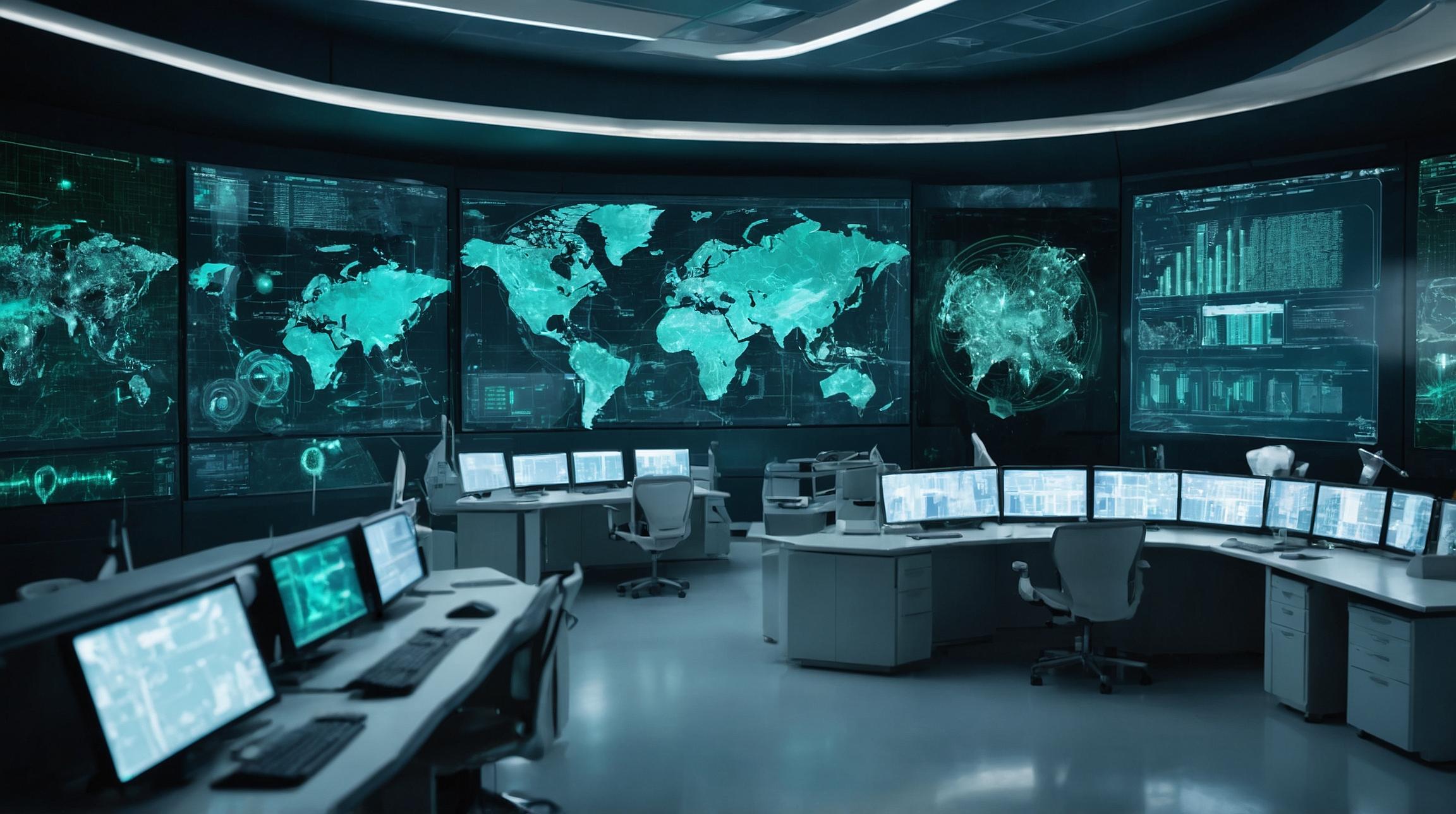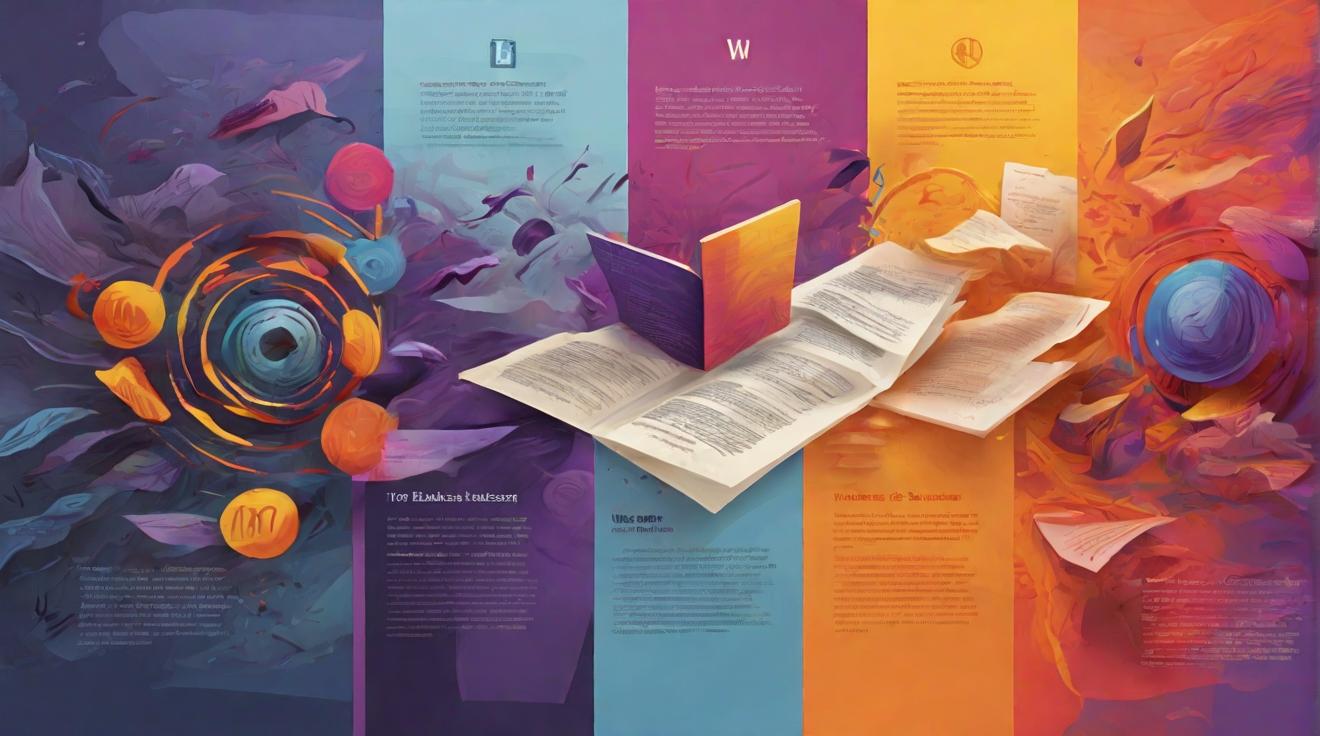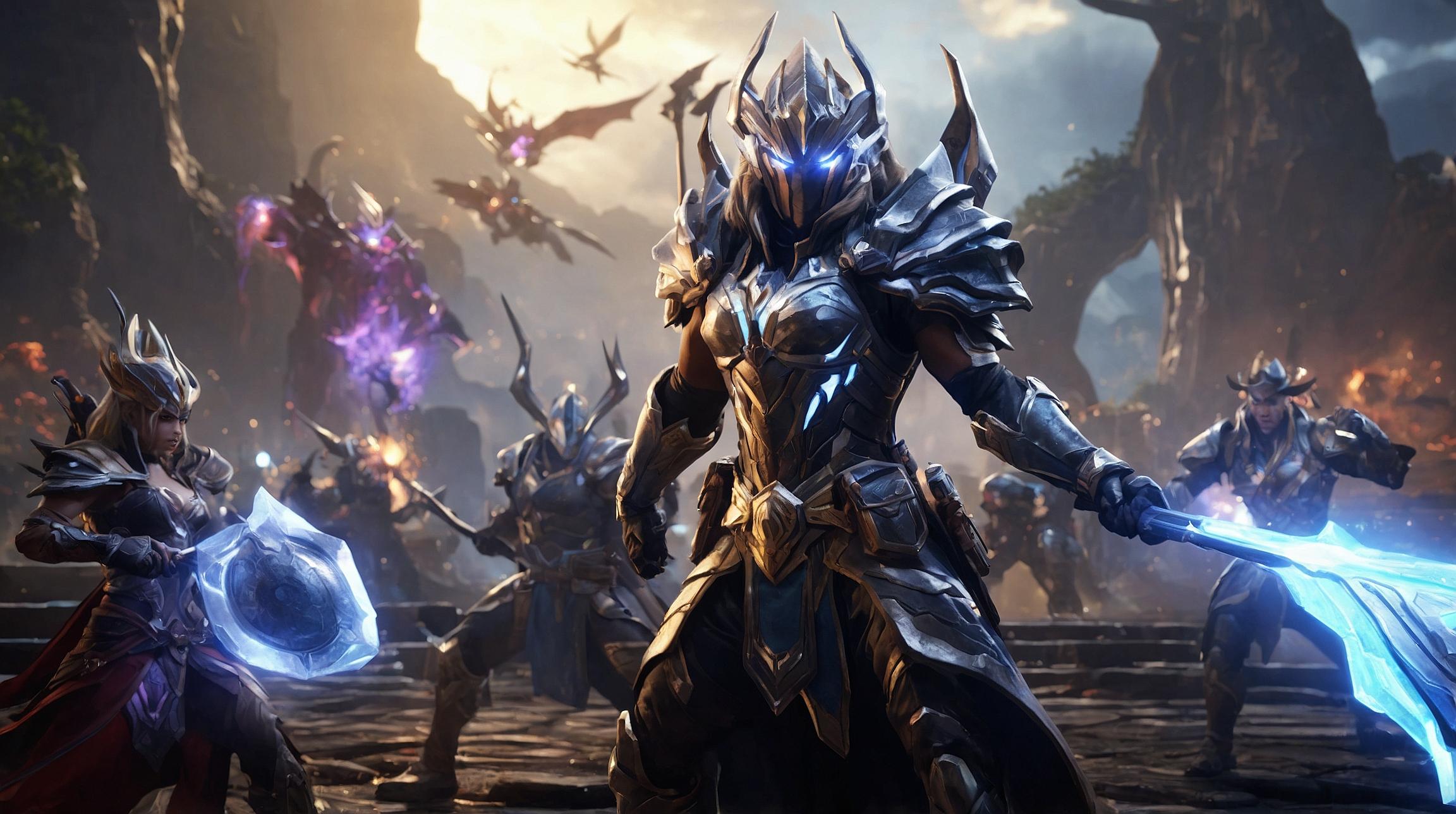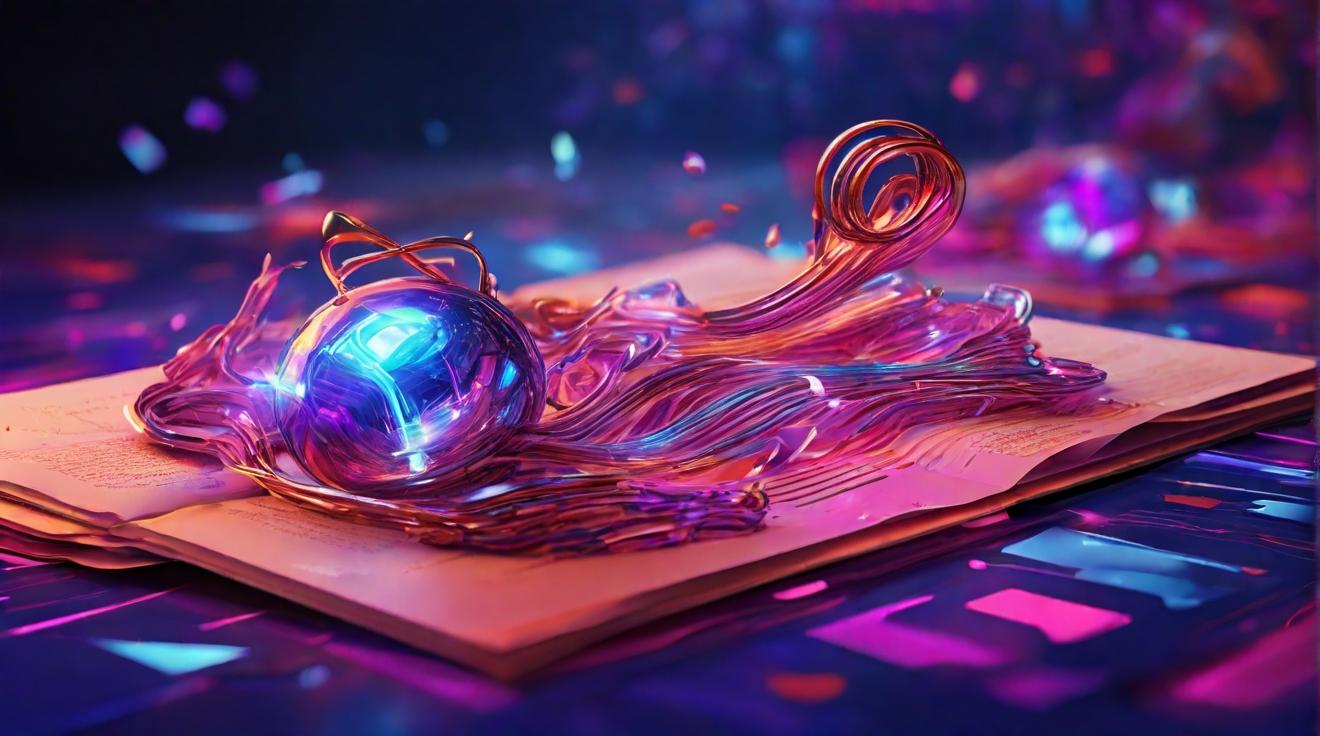Examining the Battle Between Humans and Machines in Gaming
Contrasting Chess and Tetris: Complexity and Computation
In the realm of gaming, a captivating battle between humans and machines has unfolded over the years. It all began with Garry Kasparov’s infamous defeat against Deep Blue, IBM’s chess-playing supercomputer. Now, over two decades later, a 13-year-old named Willis Gibson has emerged victorious over Tetris, demonstrating the evolving landscape of human-machine competition. However, beyond the outcomes of these matches, deeper questions arise. Is Tetris easier than chess? Are humans outpacing machines in terms of evolution? And what does it mean for our understanding of intelligence? Let’s delve into these thought-provoking inquiries.
When it comes to the difficulty of Tetris versus chess, it becomes apparent that Tetris is no walk in the park. While chess carries defined rules and predictable moves, Tetris poses an intricate mathematical challenge. Falling under the umbrella of “NP problems,” Tetris presents a conundrum where confirming or discarding a move is relatively simple, but finding a systematic solution within a reasonable timeframe is elusive. An apt analogy can be drawn to solving a jigsaw puzzle, where the time-consuming process of finding the pieces is contrasted by the swift moment of confirmation.
The Ongoing Battle: The Evolving Landscape of Humans versus Machines
Contrary to the comforting notion of artificial intelligence (AI) merely assisting humans, the competition between living and silicon brains has been a long-standing war, onwards from the days of Kasparov and Deep Blue. In recent years, this battle has escalated exponentially. Notably, scientists at Deep Mind, a London firm acquired by Google, have developed AI systems that surpass human capabilities in chess, the complex Chinese game of Go, and even the intricacies of poker. AI has birthed strategies that far surpass the imaginations of centuries-worth of grandmasters. Furthermore, the emergence of ChatGPT signifies a generation of systems that are reshaping our understanding of knowledge.
The Nexus of Neuroscience and AI: The Rise of Organoids and Enhanced Computation
As the clash between humans and machines continues, another front opens through the realm of neuroscience – organoids. These human organ-like entities, constructed from stem or precursor cells, hold remarkable potential. The newest addition to this field is the cerebroid, a mini-brain comparable in size to a grain of rice, fashioned from fetal cells. Stunningly complex and reminiscent of a natural brain, these organoids enable crucial neurological research. Intriguingly, research explores the fusion of neural tissue and digital circuits, ushering in exciting possibilities for computation. With circuits forming connections within neural tissue, the convergence of biology and technology sparks the imagination of science fiction writers.
Debunking the Myth: The Pace of Human Evolution versus AI Advancements
In light of Gibson’s feat in beating Tetris, it is crucial to address the misconception that humans are outpacing machines in terms of evolution. While Gibson may be the first human to triumph over Tetris, AI systems had already achieved this milestone before him. With no moratorium on AI development in sight, perhaps it is time to accelerate our advancements in neurology to keep pace.
Stay Informed with EL PAÍS USA Edition
Stay updated with comprehensive English-language news coverage by subscribing to our weekly newsletter from EL PAÍS USA Edition. Receive valuable insights and analysis on topics ranging from technology to politics. Sign up today to expand your understanding of the world around us.
Analyst comment
This news can be seen as neutral. The article examines the ongoing battle between humans and machines in gaming, contrasting the complexity of chess and Tetris. It discusses the evolving landscape of human-machine competition, the advancements of AI systems, the rise of organoids in neuroscience, and debunks the misconception that humans are outpacing machines in terms of evolution. As an analyst, it is predicted that the market for AI technologies in gaming and neuroscience will continue to grow and evolve.













